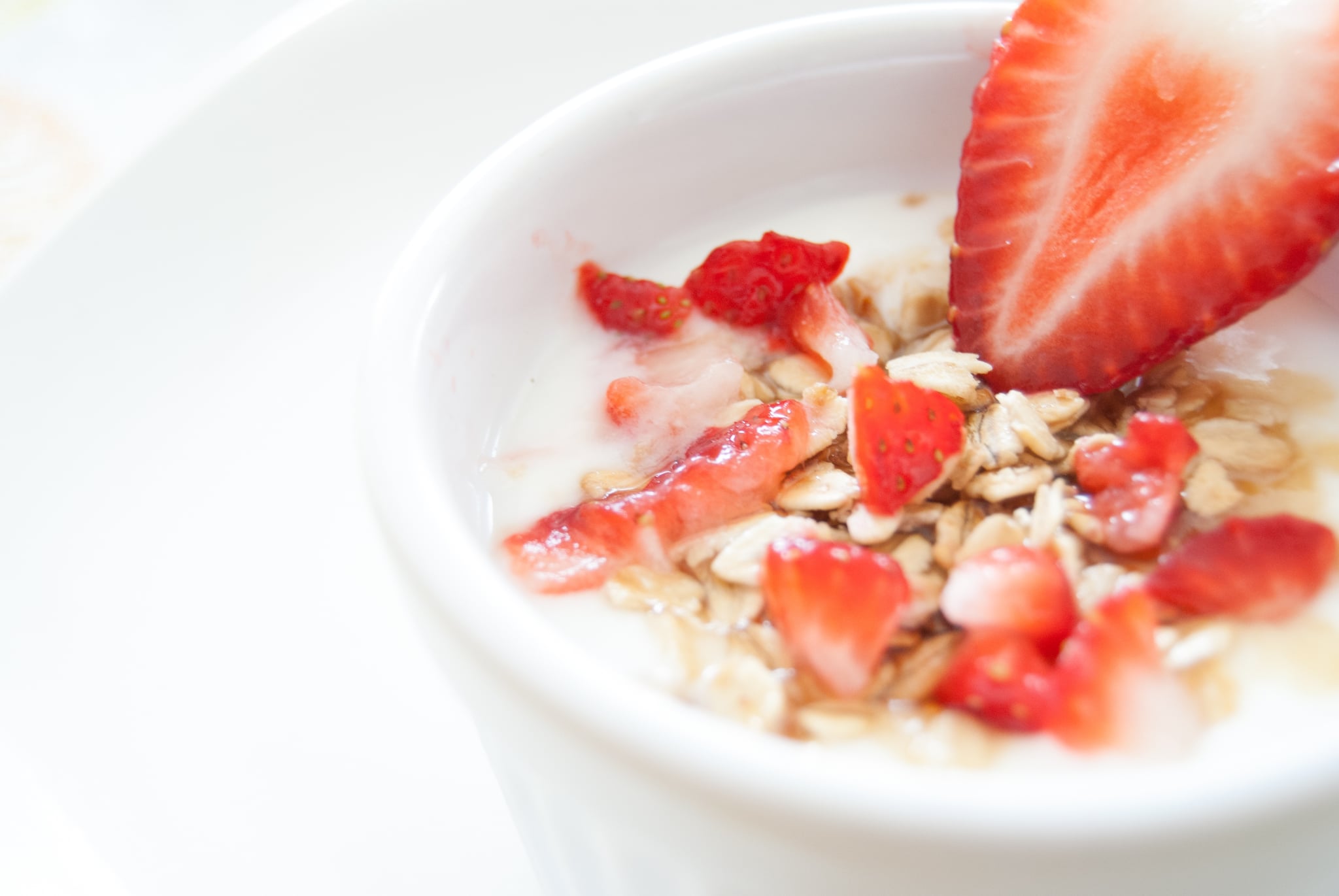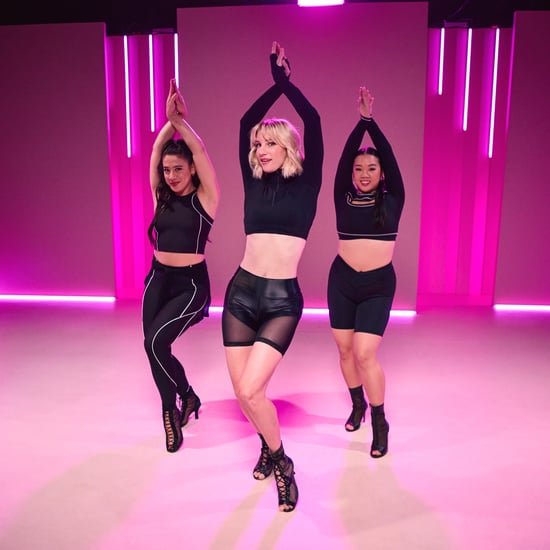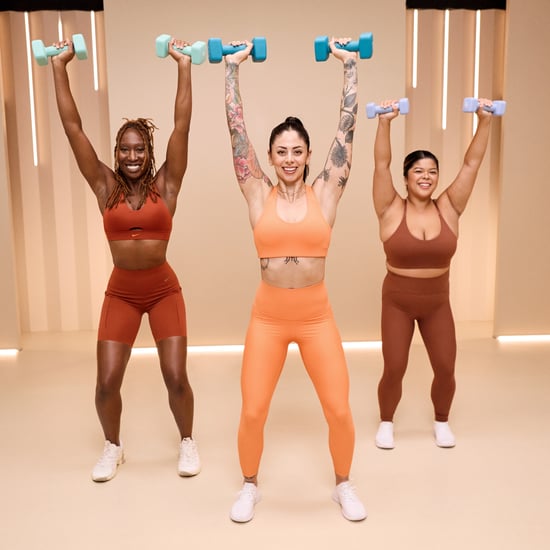What Not to Eat After a Workout For Weight Loss
The Best — and Absolute Worst — Snacks to Eat After a Workout If You're Trying to Lose Weight

When you're working out for weight loss and feel like you're on a roll as far as staying committed, it's common to feel like you deserve to reward yourself with something delicious. And you do! However, balance is still important and it's key to focus on what you're putting into your body to ensure you're not sabotaging your hard work and allowing yourself to continue to feel great.
If your goal is weight loss, you should avoid post-workout foods that are high in fat and sugar and low in protein, such as fast food meals, pizza, or high-sugar breakfast items like pancakes and doughnuts, said Starla Garcia, M.Ed, RDN, LD, a registered dietitian in Houston. "These foods tend to be very calorically dense foods, and we also want foods to have protein rich sources to help us rebuild, repair, and improve the strength of our muscles after working out so we don't have prolonged fatigue or soreness."
Do I even need to eat post-workout?
Whether or not you need to eat at all can depend on the duration and intensity of your workout, said Lauren Ross, a registered dietitian and director of wellness and sustainability at the University of Houston. If you do get hungry and feel like you need a boost, yet don't enjoy things like protein shakes and bars, try Greek yogurt or a sandwich made with low-sodium deli meat, or anything that contains protein like meat, beans, dairy, eggs, nuts and seeds, and soy products, she said.
"After a workout, especially one lasting an hour or less, you shouldn't eat anything just because someone told you to. It's true that after particularly strenuous activity that breaks down muscles and depletes the body, there are certain nutrients that can help with recovery. But just because they can help doesn't mean that you need to eat if you're not hungry," Ross said. "The main goal is to listen to your body, and when it's telling you to eat foods with plenty of nutrients to provide the things it needs to function."
What if I'm starving?
According to Garcia, if you are hungry after a workout, it's important to focus on macronutrients, which include carbohydrates, protein, and fat.
"Carbohydrates are necessary because they give us energy by breaking down into glucose or sugar, and these sugars are the sources of fuel that we want to use up first, rather than muscle and fat stores," she said. "Proteins are necessary because they help with satiety and rebuilding of our muscles when we do strenuous exercise. Fat is also essential to help us store some away in times when we may need it, and it also helps us stay full."
Examples of a good post-workout breakfast include waffles with peanut butter and a boiled or scrambled egg on the side, an egg sandwich with avocado and tomato slices, an egg with an English muffin, oatmeal with nuts and berries, or even just peanut butter toast with banana slices and Greek yoghurt with nuts. If you're eating after working out in the evening, some good options include fish with vegetables and potatoes; chicken with green beans, side of quinoa, and avocado slices; pork loin with peach slices, green beans, and mashed potatoes; or a grilled chicken burger or sandwich with a side salad and fruit.
What post-workout snacks should I skip then?
- Granola bars that are high in sugar and low in protein and fat — these won't leave you feeling satisfied without these key nutrients.
- Muffins or other sugary breakfast pastries — not only are these usually calorie bombs, they are also often high in refined carbohydrates and sugar, which will surely lead to an energy crash later.
- Dessert coffees — it's never a good idea to drink your post-workout fuel, unless it's a protein-packed smoothie.
- Chips — processed foods foods are never the way to go to get in key nutrients like protein and good fats.
What are good snack options?
- Smoothie with a good quality protein powder, almond milk, or water
- Banana with nut butter
- Turkey and cheese sandwich
- Peanut butter sandwich
- Protein bar with a banana
- Glass of milk with peanut butter toast
How about what I drink?
Lastly, what you drink also matters. Garcia advises against smoothies that are high in added sugars, sugary coffee drinks, and sodas. "Sugary drinks should be avoided because they are full of empty calories with no real nutritional value," she said. "If you are drinking three sweetened beverages per day, you are easily drinking 400-500 calories from just your beverage, and that's equal to a whole meal." Sparkling water or club soda is also another good swap from sugary drinks to start cutting back on unnecessary calories. But ultimately, water is always best for anyone, she said.






